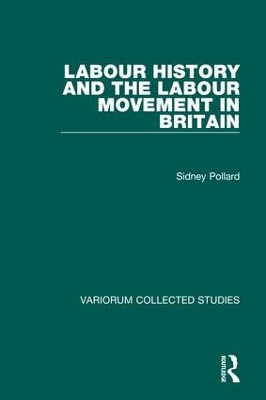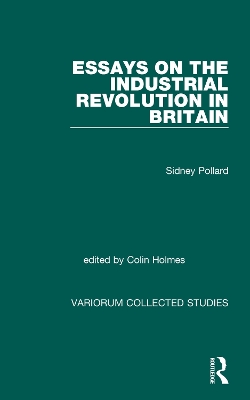Variorum Collected Studies
2 total works
This volume focuses on labour history in Britain, but brings in comparative material on the Continent, in particular inter-war Germany. Special attention is given to wages and living and working conditions in the 19th century, to Robert Owen and Co-operation, and to the modern trade union movement and its attempts to keep up the interests of its members in the fluctuating conditions of the late 19th and earlier 20th centuries. The author defends the notion that wage-earners have common interests and frequently share common experiences, and that their organisations have both a strictly economic aspect (trade unions) and a wider political dimension. The profound changes which the labour organisations underwent in the 19th and 20th centuries are a major concern of these essays.
This volume has three main themes. First, there is the concept of the Industrial Revolution and its main characteristics, and the author defends both the term and the notions behind it against attempts to play down their significance. A particular interest is the comparison of what happened to Britain with similar processes in other European countries. The second theme is the set of problems facing the early entrepreneurs and managers. Their difficulties, as pioneers in the economic as well as the social sphere, are often underrated, and are here explored in detail. Last, there is an emphasis on the characteristic feature of industrialisation as a regional phenomenon, and on the significance of particular regions in the entire process. All three themes have called forth extended debate, in which these essays have played an important part.

